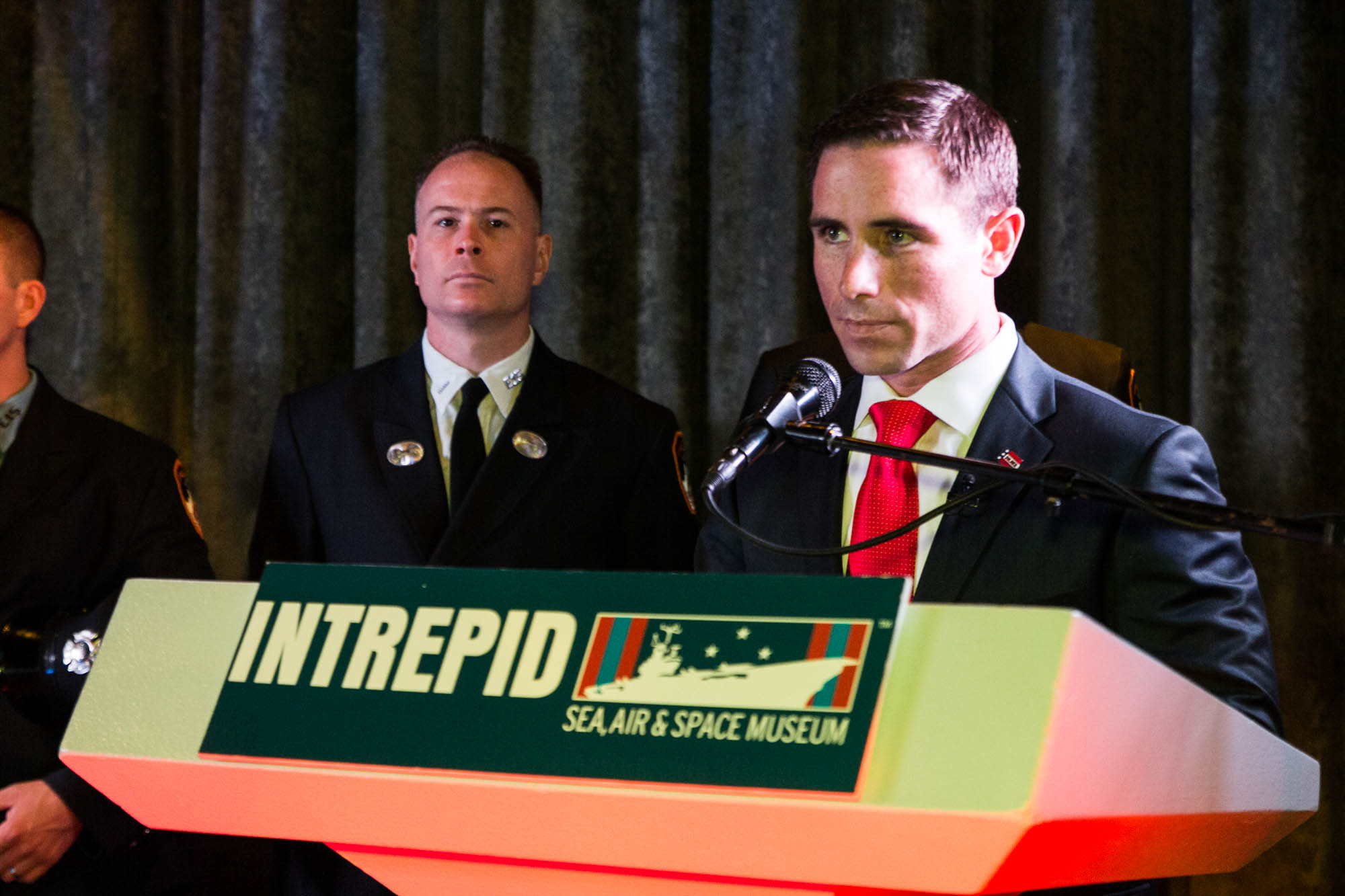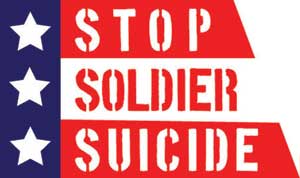Memorial Day and Stop Soldier Suicide
May 23, 2014 by Victoria Noe, in Memorial Day
, military
, PTSD
, Stop Soldier Suicide
, suicide
, veterans
For the past couple years, we’ve been hearing about the epidemic of suicide among veterans (mostly in the US, though it’s not limited to our country). The statistic most often heard is that 22 veterans commit suicide each and every day: hundreds every month, thousands every year. One active duty soldier also commits suicide every day: more than are killed in action.
Kinsella is a quiet but impressive man, who, along with his friends, is taking a thorough and very thoughtful approach to stopping the epidemic. Theirs is an organization made up of veterans – all volunteer except for the first employee they hired in 2013, COO Brian Buscher, a former Marine.
In the course of writing Friend Grief and the Military: Band of Friends I was shocked to discover that that number is inaccurate. It came from a Department of Defense study that included data from only 22 states (and before you ask ‘why?’, I haven’t found the answer yet). That means you can reasonably assume that the number is actually closer to 50 a day.
I think everyone agrees that that either number is unacceptable. Why is suicide on the rise for our veterans? That requires a long discussion about family dysfunction, substance abuse, genetics, unrealistic expectations of military life, easy access to guns, PTSD, etc. It’s an important discussion, but for now, I’d like to introduce you to an organization that is doing what they can to prevent more suicides, Stop Soldier Suicide:
While on active duty, our now-CEO Brian Kinsella encountered military suicide firsthand. Within a few months of his first assignment, one of his own Soldiers attempted to take her own life. The suicide attempt was unsuccessful, but it made a lasting impact. Later, a fellow Soldier took his life only days before a deployment and Brian knew something had to be done.
Concerned about the mental health implications of military service and the increasing military Service member suicide rate, Brian, along with two Veteran friends, Nick Black and Craig Gridelli, founded Stop Soldier Suicide in 2010.
 |
| Brian Kinsella |
Theirs is a triage approach, as described on their website:
1. Initial Contact: Active and Veteran Service members contact us through a local chapter, our Facebook page, a 24-hour hotline or chat feature (via our Contact Center coming soon) or other partner organizations.
2. Assess & Triage: We talk with the person or family member contacting us to determine the urgency of the care needed and the right course to take. It’s important for us to understand the situation so we can get the best help available, the RIGHT help, for the Soldier or Veteran.
3. Transition & Follow up: We connect the person in need to one of many resources, whether that be mental health professionals, local chapter support, partner organizations or other resources that can provide care and assistance.
The benefit to this approach is obvious: Stop Soldier Suicide is not the VA or a mental health organization. They partner with government agencies and nonprofits to provide support to those who contact them without long wait times. It’s an independent organization made of people just like those who have reached the point where they believe suicide is their best and only option: It’s made up of veterans who have been there, done that. They speak the same language. That’s critical, because it’s beyond the experience of civilians to truly understand what our veterans have endured.
Memorial Day is not about living veterans. It’s about those who have made the ultimate sacrifice to ensure our freedoms. We honor them on that day, and always should.
But how about if we do everything we can to ensure that our veterans do not take their own lives? How about if we help those who are working tirelessly to reduce that 22-a-day number?
On this Memorial Day weekend, don’t just share pictures of flags and cemeteries on Facebook. Consider donating to Stop Soldier Suicide.
And maybe, just maybe, you’ll help lower that number to zero.


